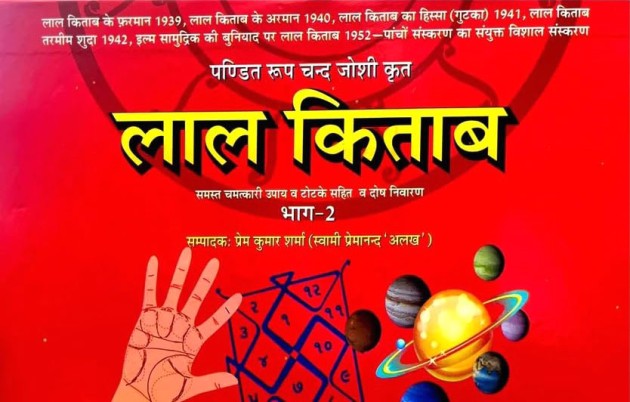
Lal Kitab, translating to "The Red Book," is a unique and ancient system of astrology that originates from India, specifically attributed to the 19th-century astrologer Karam Vir Sharma. It combines traditional Vedic astrology with its own distinct methods and remedies, focusing on practical solutions for life's challenges. Lal Kitab is particularly known for its straightforward and actionable remedies, which can often be implemented immediately to counteract negative planetary influences.
The Foundations of Lal Kitab
Lal Kitab is based on the belief that the positions of celestial bodies at the time of a person's birth can significantly impact their life, much like traditional Vedic astrology. However, Lal Kitab incorporates a more practical approach, emphasizing the application of remedies to alleviate hardships and enhance the positive effects of planetary positions. The Lal Kitab system is distinguished by its use of the Kundali, which is similar to a natal chart but analyzed through the lens of its unique principles.
One of the foundational concepts of Lal Kitab is the use of houses (bhavas) and planets (grahas) to assess an individual’s life. Each house represents different aspects of life, such as career, health, family, and relationships. The planets, each associated with specific traits and energies, influence these areas according to their placement in the Kundali.
Key Components of Lal Kitab Astrology
Kundali (Natal Chart): The Kundali in Lal Kitab is constructed similarly to that in Vedic astrology but focuses on the sidereal zodiac. The Kundali provides a snapshot of the planetary positions at the time of birth, which is crucial for interpreting the individual’s life experiences. Lal Kitab emphasizes understanding the strengths and weaknesses associated with each planet's placement in the various houses.
Planetary Influence: Lal Kitab recognizes the impact of the nine planets (Navagrahas)—Sun, Moon, Mars, Mercury, Jupiter, Venus, Saturn, and the lunar nodes Rahu and Ketu. Each planet has specific significations and associations with different aspects of life. For example:
- Sun: Represents authority, father figures, and health.
- Moon: Associated with emotions, mother figures, and mental well-being.
- Mars: Relates to energy, courage, and aggression.
- Mercury: Governs communication, intelligence, and commerce.
- Jupiter: Symbolizes wisdom, spirituality, and prosperity.
- Venus: Pertains to love, beauty, and material comforts.
- Saturn: Represents discipline, hard work, and challenges.
- Rahu and Ketu: Shadow planets that signify material desires and spiritual growth, respectively.
Houses (Bhavas): The 12 houses in Lal Kitab provide insight into various life areas. Each house has its unique significance, and the planets residing in these houses determine how their energies manifest in an individual's life. The interpretation of these placements is crucial for understanding an individual’s challenges and strengths.
Unique Features of Lal Kitab
Lal Kitab sets itself apart from traditional Vedic astrology through its focus on remedies and practical solutions. The philosophy of Lal Kitab emphasizes that remedies can significantly improve one's circumstances without requiring extensive rituals or practices. Here are some of its unique features:
- Simple Remedies: Lal Kitab remedies often involve simple actions that can be taken in daily life, such as feeding animals, performing acts of charity, or using specific items like gemstones, colors, or plants. These remedies are designed to harmonize the energies of the planets affecting the individual’s life.
- Remedial Measures: Each planet in Lal Kitab is associated with specific remedial measures that can help counteract its negative influences. For instance, if Saturn is poorly placed in a Kundali, the individual may be advised to wear black or dark blue clothing, engage in charitable activities, or offer food to crows to mitigate its adverse effects.
- Past Life Karma: One of the central tenets of Lal Kitab is the belief in past life karma and its influence on the present. It posits that the challenges faced in this life may stem from actions in previous incarnations. As such, Lal Kitab encourages individuals to confront and rectify these karmic influences through specific remedies.
Predictive Techniques in Lal Kitab
Lal Kitab employs various predictive techniques to understand and forecast an individual's life events. The interpretations are often straightforward and easy to understand, making them accessible to a wide audience.
- Dasha System: Similar to Vedic astrology, Lal Kitab utilizes a Dasha system to predict life events. However, it often focuses on shorter time frames, providing insights into immediate life changes rather than long-term predictions. This allows individuals to quickly adapt and implement remedies as situations evolve.
- Transits: The influence of planetary transits is considered essential in Lal Kitab. Astrologers analyze the movement of planets in relation to the natal chart to identify potential challenges or opportunities. This analysis helps individuals prepare for upcoming changes in their lives.
- Role of Rahu and Ketu: Lal Kitab places special emphasis on the lunar nodes, Rahu and Ketu, as they are believed to have a profound impact on an individual's karmic path. The placement of these nodes in the Kundali can reveal significant life lessons and areas of focus for personal growth.
Conclusion
Lal Kitab astrology is a practical and insightful system that combines the wisdom of traditional Vedic astrology with actionable remedies. Its emphasis on simple, effective solutions to life's challenges sets it apart from other astrological systems. By understanding the influences of the planets and implementing appropriate remedies, individuals can navigate life's complexities with greater ease.
The teachings of Lal Kitab emphasize personal responsibility, encouraging individuals to take charge of their destinies by addressing karmic influences and aligning with cosmic energies. This unique approach continues to resonate with people seeking guidance, clarity, and practical solutions to enhance their lives. As interest in holistic approaches to well-being grows, Lal Kitab remains a valuable resource for those seeking to understand their lives through the lens of astrology.
Other Services

Kundli Matching
Kundli matching, also known as horoscope matching or Gun Milan, is a vital aspect of Vedic astrology, primarily performed to ensure harmony, love, and success in married life.
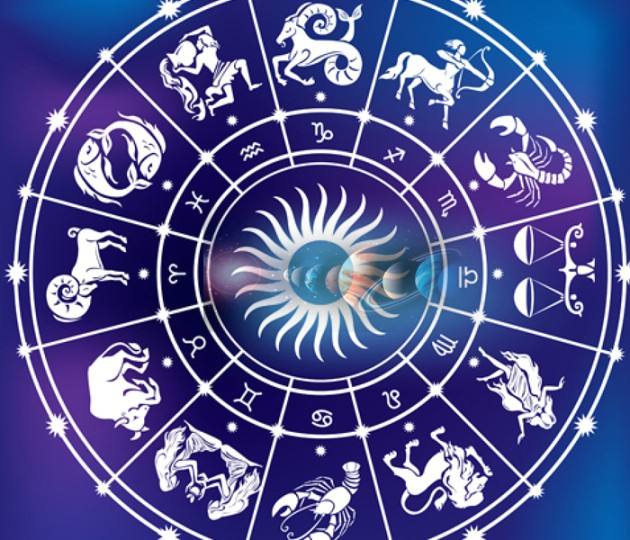
Predictive astrology
Predictive astrology is a fascinating and complex branch of astrology that seeks to forecast future events and life changes based on the positions and movements of celestial bodies. Unlike natal astrology
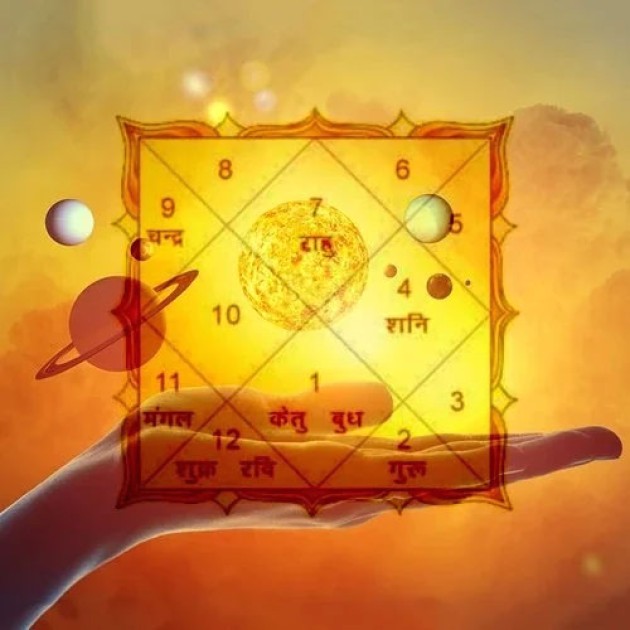
Vedic Astrology
Vedic astrology, also known as Jyotish, is an ancient system of astrology that originates from the Vedic traditions of India. Rooted in the spiritual and philosophical teachings of the Vedas, the sacred Hindu scriptures
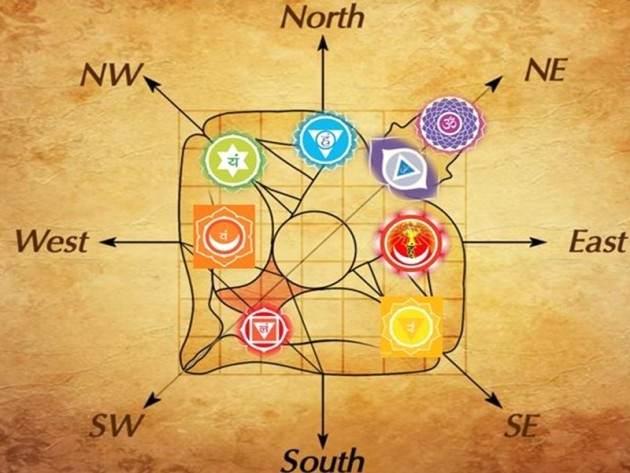
Vastu Shastra
Vastu Shastra is an ancient Indian science that focuses on architecture and design, emphasizing the harmony between nature and human life.
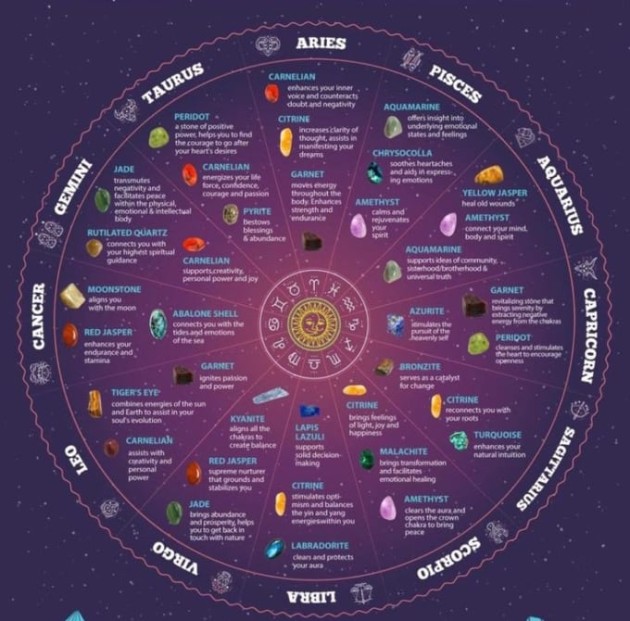
Numerology Astrology
Numerology astrology is a fascinating blend of numerology and astrology, two ancient practices that seek to understand the influence of numbers and celestial bodies on human lives.
